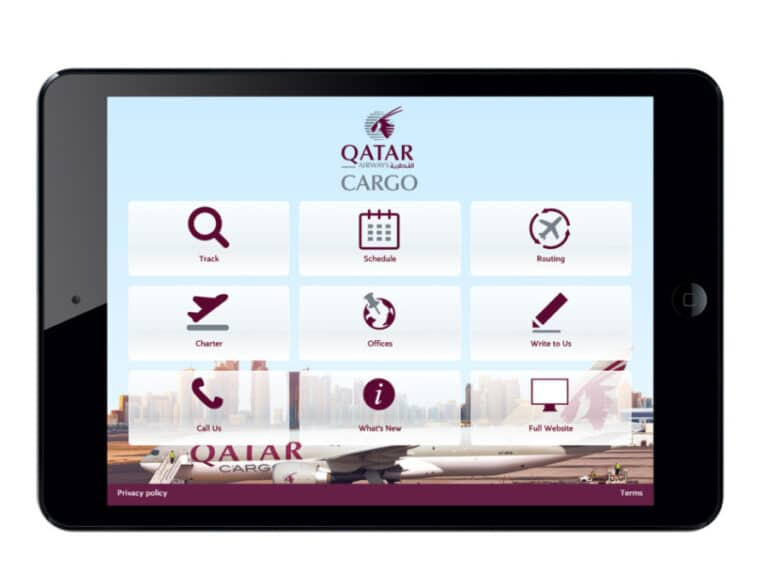Qatar Airways Cargo has become the first carrier to fully adopt, implement and integrate the next generation messaging standard, Cargo-XML in its cargo management system – CROAMIS.
The Cargo-XML messaging is an initiative mandated by International Air Transport Association (IATA) as a preferred standard for electronic communication between airlines and shippers, freight forwarders, ground-handling agents, regulators, as well as customs and security agencies.
Qatar says IATA’s Cargo-XML eliminates the constraints posed by the traditional Cargo Interchange Message Procedures (Cargo-IMP) standard and is designed to promote greater and seamless data interfaces.
The carrier says the new messaging standard while providing better data quality, will also simplify the electronic data interchange between airlines and other air cargo stakeholders. Cargo-XML is recognised as the universal language for improving e-commerce, and therefore facilitates growth in trade and encourages participation in global commerce through electronic data submission for all air cargo shipments.
The airline says the new messaging system supports easier transmission of more electronic documents, thereby streamlining air cargo processes and reducing their costs.
Qatar Airways chief officer for cargo, Ulrich Ogiermann says: “With the implementation of this new messaging standards, we are now able to offer numerous benefits to our partners in the supply chain including customers and regulatory authorities who have adopted Cargo-XML.
IATA’S global head of cargo, Glyn Hughes says: “Achieving alignment across the industry – IATA’s goal – not only facilitates trade growth and improves cargo security, it also helps to ensure that the millions of tonnes of air cargo transported annually from medicines to crucial electronic components reach the consumer more easily.”
The Cargo-XML specifications are compatible with other industry standards such as the World Customs Organization (WCO) and International Standards Organization (ISO), hence adopting a commonmessaging standard for all air cargo shipments will lead to the transfer of technically correct information between airlines and customs.
Cargo-XML enables Qatar to enhance its information exchange directly with customers and other business stakeholders, thereby reducing the dependency on messaging intermediaries and other associated costs. Cargo-XML complements the carrier’s e-initiatives such as e-AWB, e-freight, e-CSD and e-booking.




